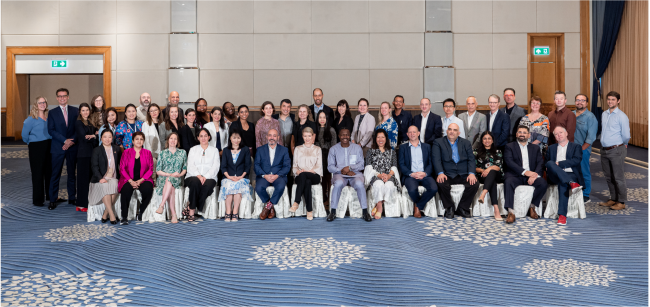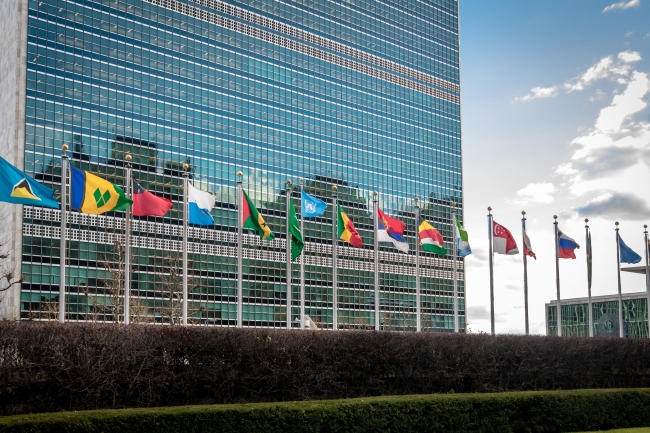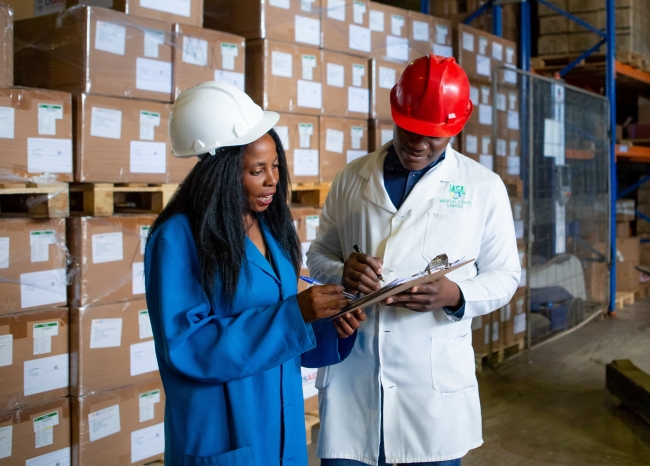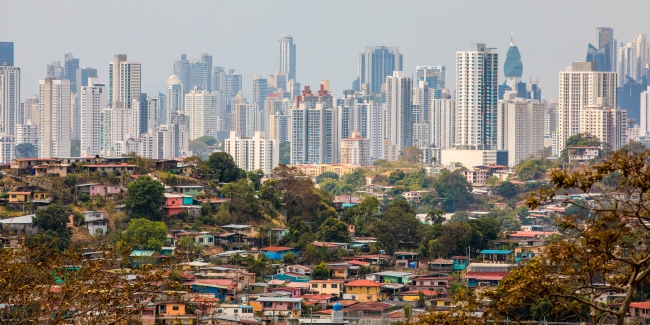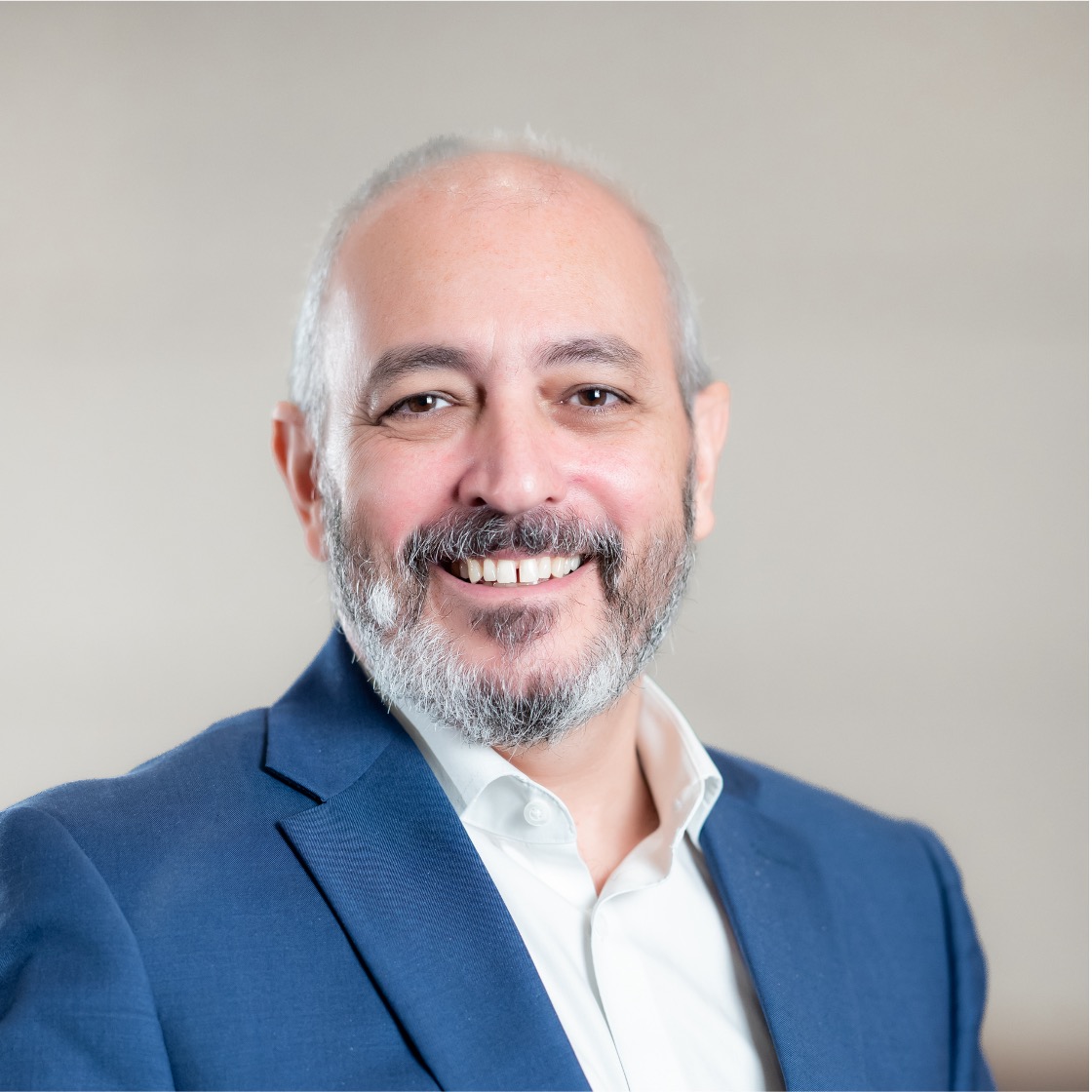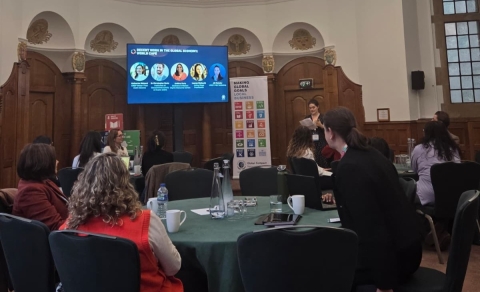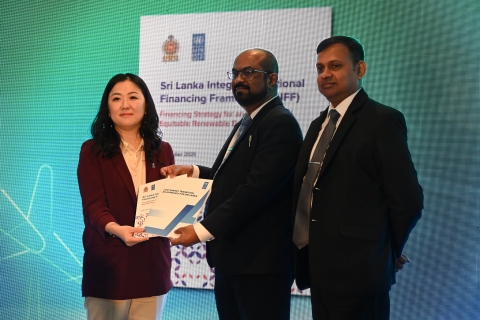Statement delivered by Marcos Neto at the SDG Investment Fair side event Investing in Sustainable Development through Sovereign SDG Bonds, UN HQ, New York
Sovereign SDG bonds are an opportunity for countries to finance development
22 APRIL, 2024
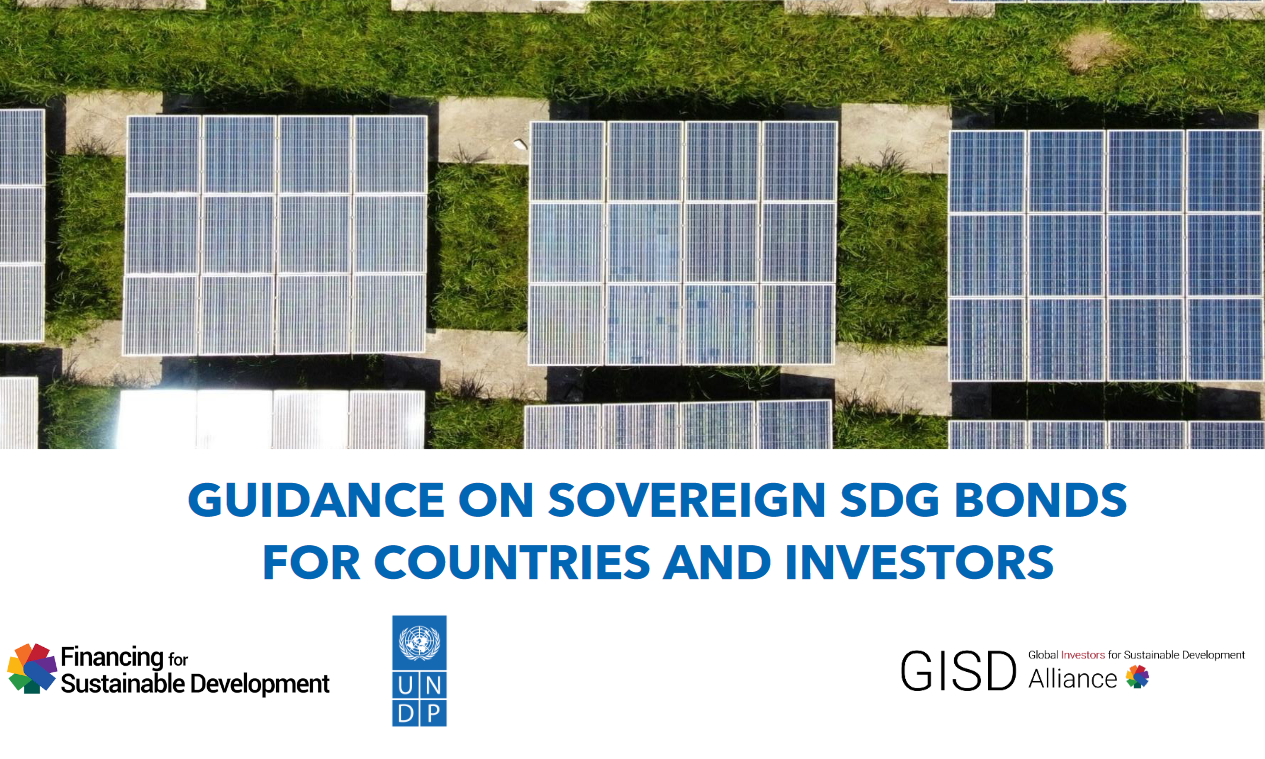
Excellencies,
Ladies and Gentlemen,
It is amazing to have you here.
Over the last few years, the issuance of sovereign SDG bonds by governments to finance their sustainable development priorities has been increasing. More countries, like Uruguay, have issued bonds with UN support that have targets, KPIs and projects linked to the SDGs.
Sovereign SDG bonds are rooted in the countries need to finance sustainable development and an opportunity for countries to draw investments toward the sectors that needed the most. Countries have started including SDG bonds in their country-led and country-owned Integrated National Financing Frameworks. A big name for a very simple concept, financial planning, financing strategy for your plans that lay out the country’s overall sustainable development financing needs.
An important partner in this, is the Global Investors for Sustainable Development (GISD) Alliance. A vision of UN DESA Secretary General and our colleagues from Sweden. I’m very thankful for your inspiration in bringing those private sector players together. GISD, under the leadership of UNDESA and the UNDP, has developed this integrated guidance for the benefit of sovereign borrowers considering SDG bonds, and investors looking to scale up their investments through these instruments.
We analyzed 18 of our member states’ experiences, who between 2016 and 2023, issued US$70.8 billion worth of sovereign bonds that include reference to alignment with the SDGs in their national financing frameworks.
The analysis finds that issuing sovereign SDG bonds has the potential to offer benefits to countries, including providing a greenium, diversifying the investor base, signalling a commitment to sustainable development, and enhancing the SDG impact of the domestic private sector.
However, the process of developing and issuing a sovereign SDG bond involves many complex and technical steps, which can be challenging for developing countries, such as multi-stakeholder coordination, mitigating greenwashing in terms of identifying projects and KPIs, monitoring and reporting, and issuance in domestic markets. In addition, high debt levels, market risk perceptions and borrowing costs can make issuance unfeasible for some countries.
UNDP has a track record of having participated in supporting countries on over $27bn in sovereign thematic bond issuances, and to collaborate across the private and public sector, to support countries in overcoming these issues and challenges that we are seeing.
UNDP support helps developing countries unlock financing within a context of high interest rates and lack of fiscal space.
Additionally, local investors are increasingly looking at buying sovereign thematic bond, thus deepening the local financial market.
The guidance that we are issuing today, turns to analysing investor preferences around sovereign SDG bonds. The results shed light on the decision-making process behind investing in sovereign SDG bonds, pricing risk, preferences between different bond structures, and data and impact.
The guidance provides key recommendations for the UN system and MDBs, the multilateral development banks, to help identify sustainable development gaps, foster collaboration, and enhance transparency.
Also, for donors, the study recommends scaling up credit enhancement when appropriate, build institutional capacity, support a long-term approach to ratings.
And to the private sector, the main takeaways are for open communication and engagement with countries, to pool countries into a portfolio / fund, and ensure transparency of deals.
Critically, I want to emphasize the value added by this work to the ecosystem of sovereign thematic debt and delivering the SDGs through these instruments.
Important to the development of this guidance is the role of the UN in bringing countries and investors together, as a bridge between the private and public sector, in helping these countries better access the international debt capital markets.
Looking ahead, the demand in the countries to which the UN is responding to is only expected to increase, and by working together the UN will continue to help countries bring their SDG-aligned investment opportunities to global markets.
I extend my gratitude to UN DESA for co-hosting this event and above all our long-standing partnership. We could not have done any of this work without this [partnership], including also the INFFs. I am profoundly thankful for this partnership and want to thank the distinguished panelists, my dear friend Shari and everyone for their attendance in this important event.
Let me just tell you, finally, that the capital markets, there is a lot of money and they are looking for instruments like this. They are looking for the right type of instruments to provide them more than just the financial return. That is what we are trying to do here, help countries tap on an enormous pool of money that they are looking for in the right way, at the right price.
Thank you very much.

